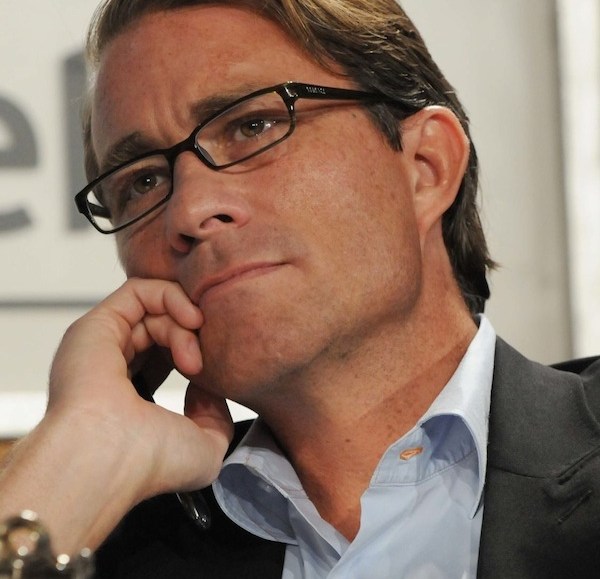
Amid the rise of Facebook, there’s a risk that some are sounding: It could kill the Web. Not totally, but it could further splinter the open Web of the Google Era into several large private fiefdoms, epitomized by the approaches of Facebook and Apple. That’s a threat to the media ecosystem, warns Federated Media chairman John Battelle. It’s already a pain for the ad system. There’s no way to use standard tools like Google’s DoubleClick ad server on Facebook. Forget about using data gleaned from Facebook campaigns to retarget users on other sites. Curt Hecht, head of Vivaki’s Nerve Center, told me that he has to operate two separate teams. One for display, video and search, and another for Facebook. That doesn’t sound very efficient. Here’s what Battelle says is the larger risk to what he calls the “shared values” of the open Web:
I see absolutely no reason why they can not and should not be applied to how we live our lives inside the worlds of Apple, Facebook, Amazon, and the countless apps we have come to depend upon. But it requires a shift in our relationship to the Internet. It requires that we, as the co-creators of value through interactions, data, and sharing, take responsibility for ensuring that the Internet continues to be a commons.
Read Battelle’s full post here. Follow him on Twitter at @jbattelle.
More in Media

Digiday+ Research: Dow Jones, Business Insider and other publishers on AI-driven search
This report explores how publishers are navigating search as AI reshapes how people access information and how publishers monetize content.

In Graphic Detail: AI licensing deals, protection measures aren’t slowing web scraping
AI bots are increasingly mining publisher content, with new data showing publishers are losing the traffic battle even as demand grows.

In Graphic Detail: The scale of the challenge facing publishers, politicians eager to damage Google’s adland dominance
Last year was a blowout ad revenue year for Google, despite challenges from several quarters.





